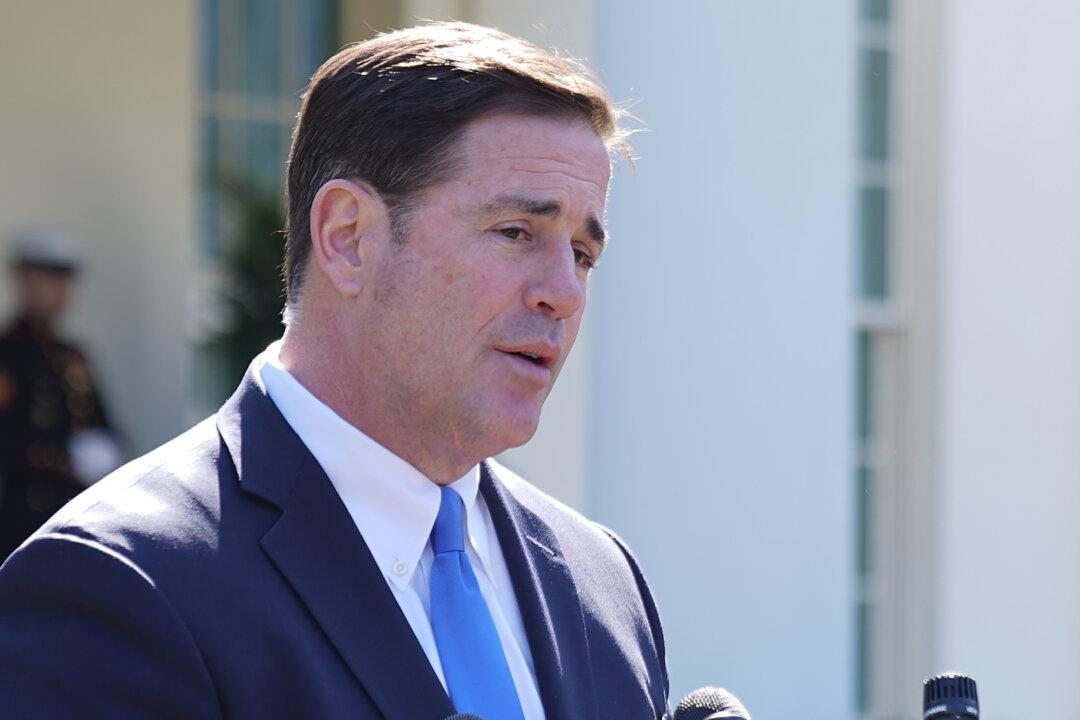Arizona Gov. Doug Ducey has signed into law three bills that restrict abortions, limit gender reassignment surgeries, and block transgender athletes from participating in female sports.
Ducey signed Senate Bill 1164 (pdf) to ban abortions after 15 weeks of pregnancy. The measure, which the legislature approved largely along party lines, sets exceptions for medical emergencies that could cause the woman to die or face “substantial impairment of a major bodily function.”




